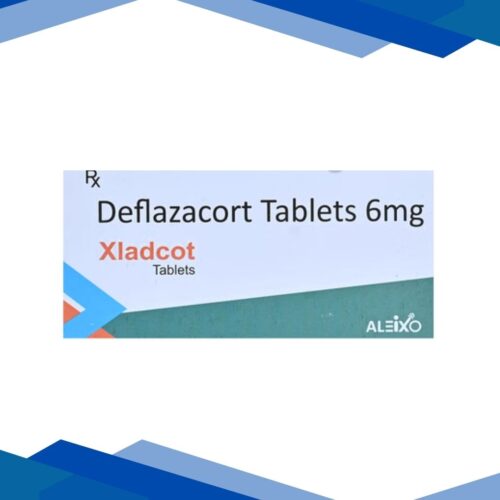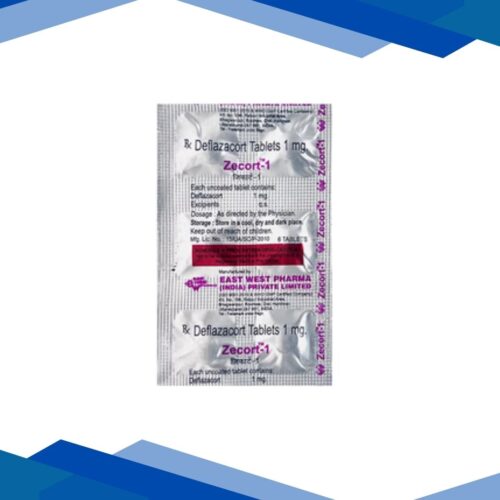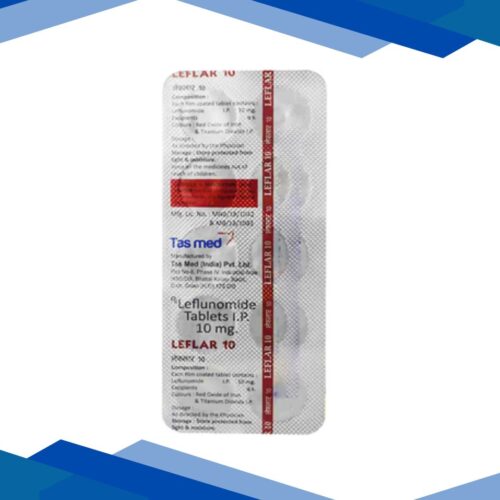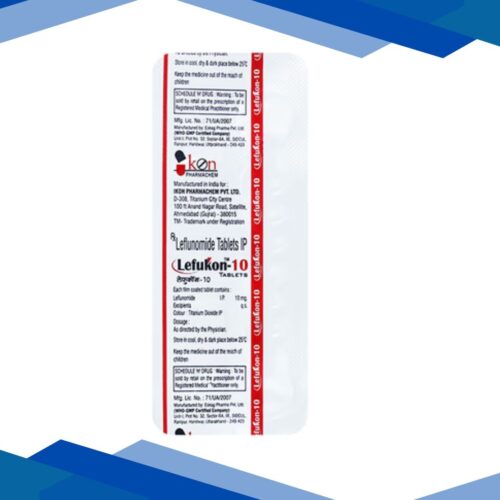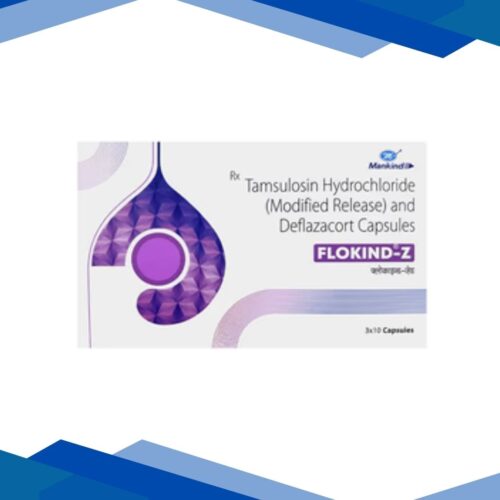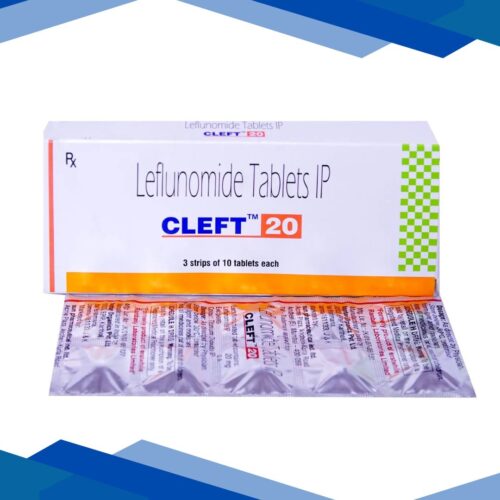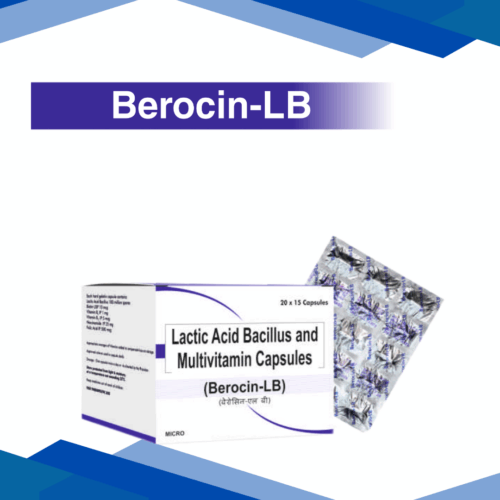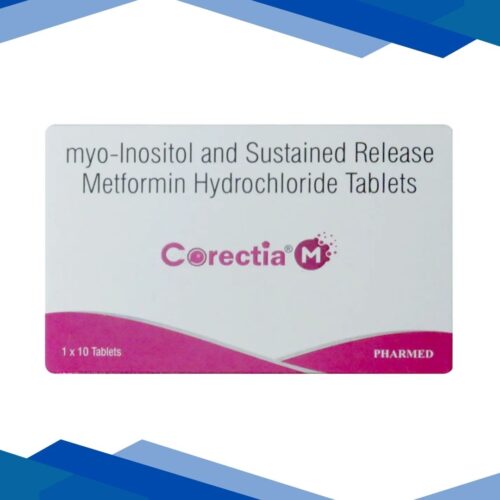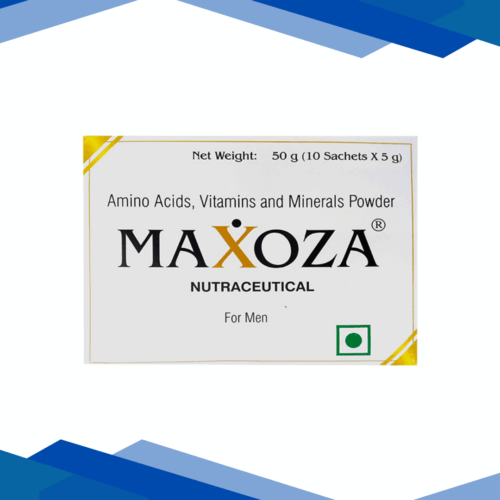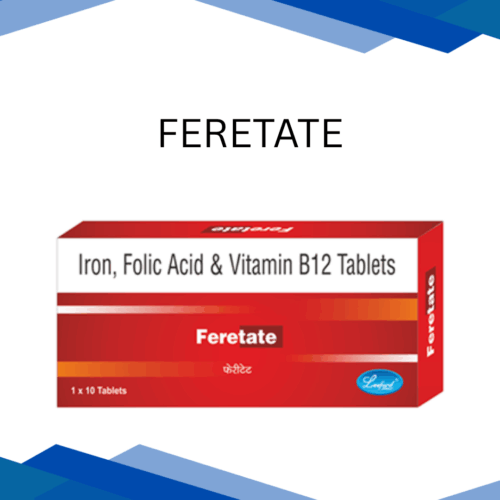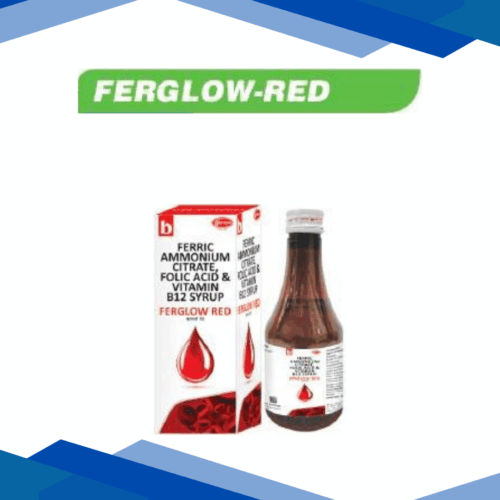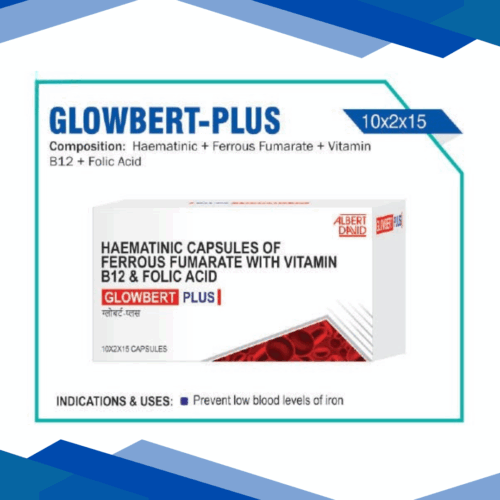VITAMIN B12
Overview
Vitamin B12 is an essential nutrient that helps keep your nerves healthy, supports the production of red blood cells, and plays a vital role in brain function and energy metabolism. Since your body doesn’t make it on its own, you must get it through diet or supplements.
Classification
Vitamin B12 is a water-soluble vitamin and part of the B-complex family. It’s also known as cobalamin.
Uses
Treats or prevents B12 deficiency
Helps with anemia, particularly pernicious anemia
Supports nerve health and helps manage symptoms like tingling or numbness
Boosts mental clarity, memory, and energy
Often used to support overall well-being in people with poor absorption or dietary gaps (e.g., vegans, elderly)
How It Works
Vitamin B12 assists in the formation of DNA, red blood cells, and myelin (the protective covering around nerves). It also plays a key role in how the body converts food into energy and helps maintain neurological health.
Dosage
As prescribed by your doctor.
Side effects
B12 is generally very safe, especially in recommended amounts. Rare or mild effects may include:
Mild diarrhea
Upset stomach
Skin rash or itching
In some cases, acne-like breakouts or redness at the injection site (if given by shot)
Precautions
While Vitamin B12 is generally safe and well-tolerated, there are a few things to keep in mind:
Allergic Reactions: Rarely, some people may be sensitive to B12 injections and could develop allergic reactions, such as rash, itching, swelling, or difficulty breathing. Always inform your doctor if you’ve had allergies to vitamins or medications.
Medical Conditions: If you have certain conditions like
Leber’s disease (a rare eye disorder), B12 may worsen vision problems
Kidney issues or low potassium levels, B12 supplementation should be monitored
Iron or folic acid deficiency, it’s important to treat these too, as B12 alone may not fix certain types of anemia
Pregnancy & Breastfeeding: B12 is generally safe and even recommended during pregnancy and breastfeeding, but always follows the doctor’s advice on the right dose.
Supplement Form: Whether you’re taking it as an injection, tablet, or lozenge, use it exactly as prescribed. Too much isn’t usually harmful, but high doses over long periods should be taken under medical guidance.
Disclaimer
This content is for informational purposes only. Always consult a healthcare provider for medical advice and proper dosage
